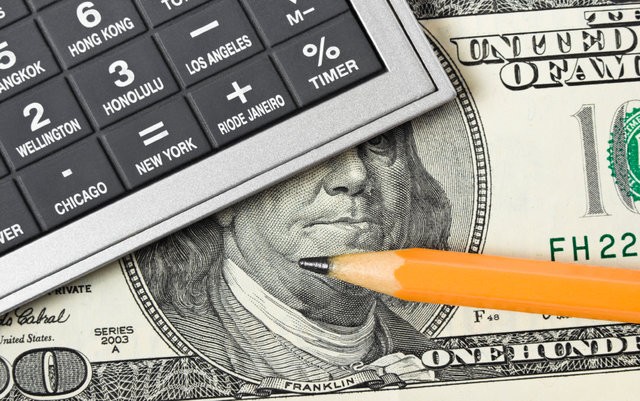The last several months have brought on vast improvements to the setup of the historic marijuana industry in California. The changes don’t stop at regulations, however – a new bill has been proposed that would add a 15% tax to retail medical marijuana.
This bill was not entirely a surprise, considering the amount of funds that will go into licensing and enforcing regulations that didn’t exist before this year. Unfortunately, the only way lawmakers have come up with to cover those funds (and much more) would be to impose a tax on medical marijuana.
Similar to what’s going on in Rhode Island, this would be one of the only medicine that is taxable in the state. This could potentially make it more difficult for patients to afford medication in the long run – however the difference here is that it will only be taxing retail medical marijuana.
In the Rhode Island bill they are attempting to tag and tax all homegrown plants in the state – and I am glad to see that California didn’t take this route. If a tax must be imposed to cover the costs of the programs, then so be it – but perhaps it should be taken away if recreational marijuana becomes legal for Cali – surely those sales would cover the costs of this program, its own and then some.
The bill needs 2/3 of the vote to be passed into law and it was only introduced Wednesday – at this point only time will tell. If the bill is passed the 15% tax is expected to bring in a revenue of at around $1 million for the state.
The breakdown on spending that million would go as follows:
- 30% would go to the Bureau of Medical Marijuana Regulation who would award grants to local agencies (cities and law enforcement) who oversee processing, manufacturing, distribution and sales of medical marijuana.
- 30% would go to the state’s general fund.
- 20% would go to state parks to cover a $1 billion deferred maintenance backlog.
- 10% would go to the state Natural Resources Agency to restore public and private lands and waterways damaged by uncontrolled marijuana cultivation.
- 10% would go to the counties to provide drug and alcohol treatment programs.
So all in all, it seems like they at least have a good idea of where money needs to go – and they know how to get it flowing. The only thing that is unfair here is the need to tax a medicine. Hopefully when California does pass recreational marijuana they will be able to abolish this tax in favor of a slightly higher recreational sales tax.






